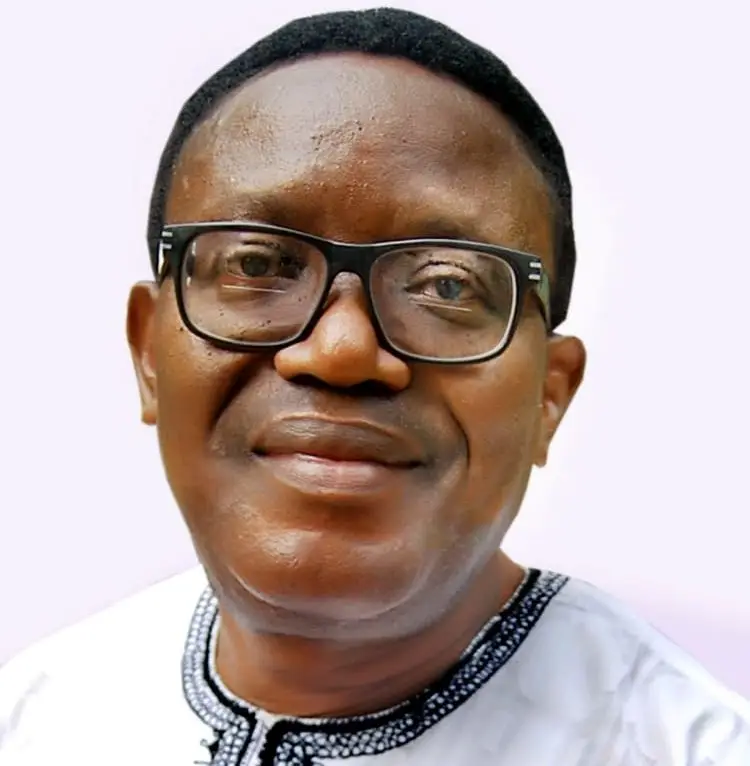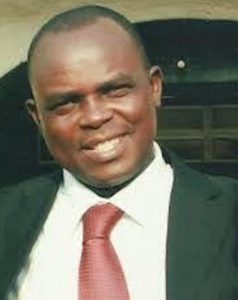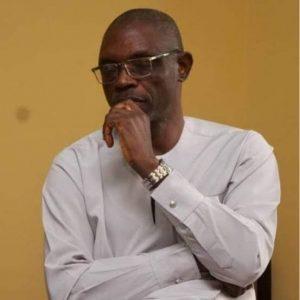There is a country called Nigeria. For three decades, its coffers were daily looted in the guise of fuel subsidy. The looters are known by name and some are known faces. The companies they use in looting are registered and have addresses. Rather than bring the criminals to book, government decided to remove the subsidy.
Thus, the people are forced to pay astronomical prices for fuel, while the subsidy looters keep their loot and are free to forage for other things to loot. This is the truth. There is also the lie; that fuel subsidy has now been removed. The truth is that it is impossible to remove fuel subsidy no matter how much the people are visited with high fuel prices.
This is because there are two basic variables over which the people have no control. First, is the continuous and steady devaluation of the Naira; every devaluation of the currency creates a fuel subsidy gap. It is like digging a hole to fill another hole. The craziness in this is that the first hole continues to widen.
The second subsidy-inducing variable is the cost of crude oil at the international market. Since Nigeria is not refining the crude oil it produces, it is condemned to buying refined petroleum products at international market prices. When you add to this, the cost of refining abroad, freight, insurance, taxes and demurrage, the price of a litre would have swelled.
Futurologists say when the Dangote refinery comes on stream, this second variable would be taken care of and prices would come down or crash. I am a person of little faith in economic speculators who since 1981 have told us the same thing, then preach that we should have faith in a bright economic future.
On Dangote, it is about a businessman said to be building the largest refinery in Africa, and our economists and money managers like brother Godwin Emefiele speculating on his motives. Some claim he would earn so much foreign exchange for the country that the Naira will appreciate. In a country famed for inadequate regulation, supposing Dangote decides to charge so-called international prices for his products, or in fact, decides to sell to foreigners to the exclusion of Nigerians, will he be committing a crime?
Aliko Dangote is like a man holding a bird in his hand, and our economists and leaders are speculating on the colour of the bird; some say it is purple, some black, others say it is green, white , green. This is witchcraft economics.
So, President Bola Tinubu needs to be cautious of experts who repackaged the disastrous and ruinous Structural Adjustment Programme, SAP, of the military regime as fresh ideas. He needs thoughtful patriots like Odia Ofeimun who have the welfarist, programmatic and developmental mind of an Obafemi Awolowo.

It is understandable that President Tinubu has to give political jobbers appointments. But it is also necessary for him to have people who can look him in the eye and tell him the truth. Such people can also constantly remind him that he is in office for two basic reasons: the security and welfare of the people. Any other matter is fashion which comes and goes. At the end of his tenure, his government and legacy will be assessed based on how he fared on security and the peoples welfare.
The half a Kobo wisdom I have which I can share with him is that all his programmes should be subjected to those twin tests. Let us take, for instance, his decision to introduce student loans in our tertiary institutions. I like learning from history. So I expect the President to reflect and tell Nigerians why the student loan system was scrapped decades ago while the scholarship and bursary schemes were retained. Secondly, what logic is it in us resurrecting the student loan scheme when the same scheme is collapsing in the United States, Canada and Western European nations with these countries desperately trying to get out?
Some of the basic problems of the student loan scheme is mass unemployment with people being unable to repay. Even where some get jobs, the wages are so low that they are merely surviving.
In the US, the loan debts is now over $1.6 trillion with over 45 million Americans trapped in it. This means that one in three young American adults with some three million above the age of 60, are trapped in the debt peonage. Over one million Americans default with the rate of defaulters this year estimated at 40 per cent.
The debts have become so much a liability that some American youths decided neither to get married nor raise a family until they have been able to repay the loans which can take decades.
The Biden administration this May, decided to give some of the defaulters some breathing space by cancelling $66 billion in student debt. This has snowballed into a crisis as the Senate voted to shoot down the Biden plan and the American President responded by vetoing the legislation.
If the Tinubu administration goes on with its Student Loan Act, our situation is likely to be worse than the Western situation because we have a worse unemployment crisis, lack basic social protection, very poor statistics and have far higher rate of inflation; these are unlikely to change in the next 8-24 years when the loans should be repayable.
While the Americans tend to remain in their country, I foresee Nigerian youths ‘japaing’ (fleeing abroad) just to escape the debt prison.
Also, although government says it does not intend to introduce tuition fees or increase fees in the tertiary institutions as a result of the student loan scheme because the institutions are not financially independent, it means that fees can be increased just by declaring tertiary institutions financially independent.
Education is crucial to the country’s future. So if government says there are not enough funds to sustain the current funding system, it needs to first calculate how much tertiary education costs. Tell us how much is available and the cost gap that exists. Then we can answer the next logical question: how do we fund the difference? For instance, can we save money by scrapping the House of Representatives and transferring the trillions of Naira spent legally and illegally on it? Its functions can be transferred to the trimmer and much more representative Senate.
Also, can we ensure that the Tertiary Education Fund of 2.5 per cent of company profits are largely collectable and accountable?
The Tinubu administration has no need to use torchlight searching for solutions to the myriad of problems in the country; the broad daylight is enough, it is more a question of choices and priorities.
Source: Vanguard





















